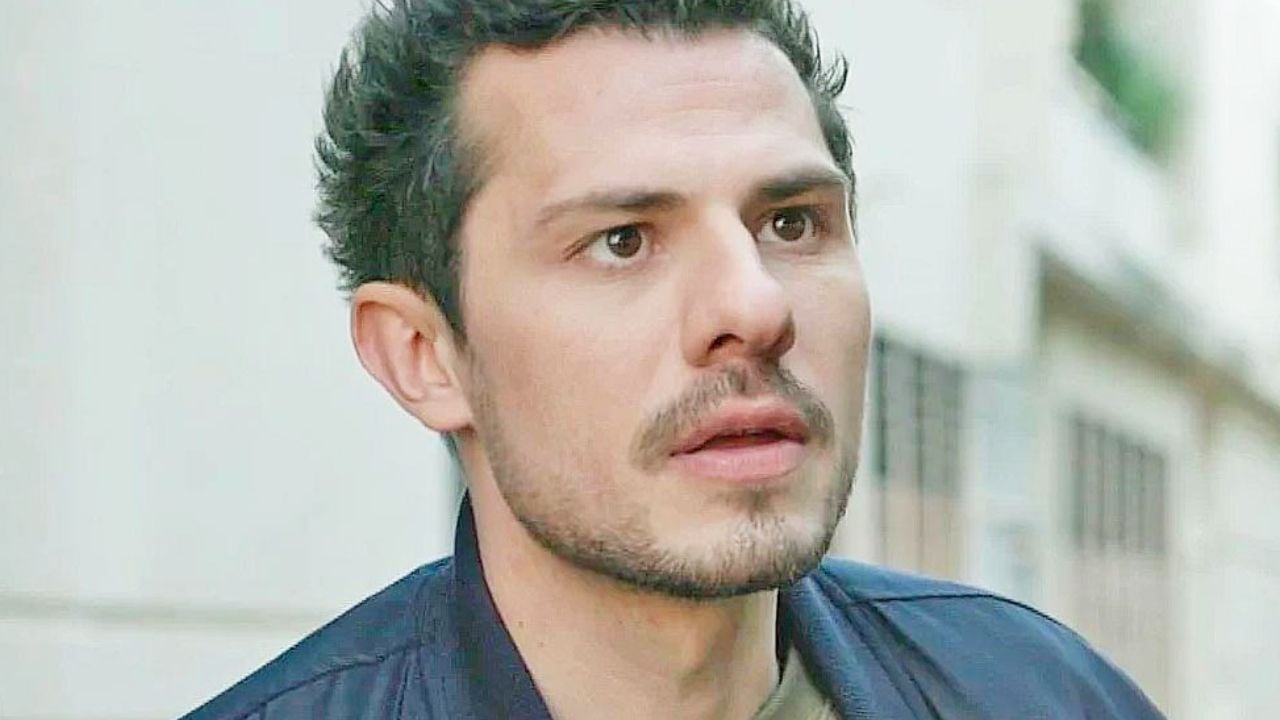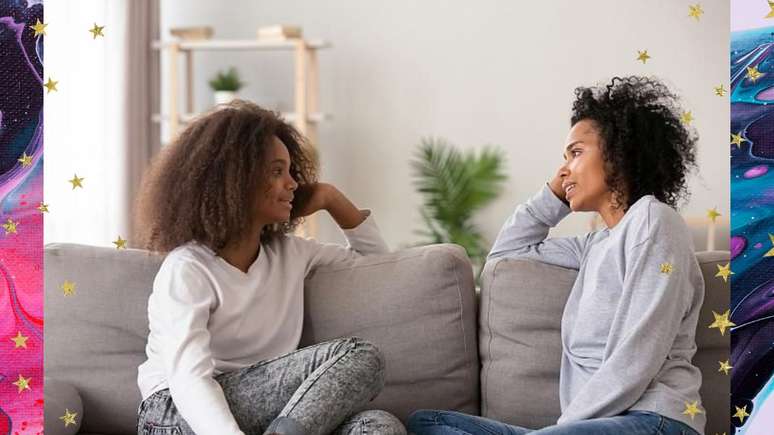In her debut, Jessica Beshir returns to the region where she grew up to reconnect with her cinematic roots
At the age of 16, Jessica Beshir had to leave her country of Ethiopia due to political unrest. As an adult, with the situation a little calmer, she returned, taking a camera to film her grandmother. “It was a way to reconnect with my roots, with the place,” she explained in an interview with Estadio, via videoconference. “There was a great feeling of being uprooted. The images of the places in my dreams invaded me. I really wanted to make a film about the place that has all my memories and my heart,” she says.
Many things had changed in his home country. In particular, she was surprised by the economic impact of growing khat, a stimulating plant whose use is part of the culture of her hometown of Harar. Khat had become a commodity. So she decided to make a documentary about it. But, contrary to what a synopsis might suggest, Faya Dayiavailable on MUBI, it is anything but a traditional documentary.
The film began with interviews with khat culture experts. But later Beshir spent time on the farms, with people working in the fields. “I started seeing the interview information in front of me. I didn’t have to use the interviews. I wanted to bring the experiences,” she said. “Intrinsically, I film what moves me. It is the way of seeing. But it had to do with relearning the place. With listening.”
Dreams
Faya Dayi, shot in black and white, talks about reality and dreams and stands at the intersection of both, in addition to memory and history. Remember the cinema of directors such as Lav Diaz, Apichatpong Weerasethakul, Carlos Reygadas, the latter Mexican as the director’s mother. After leaving Ethiopia, Beshir’s family took refuge in Mexico. “We could have faced many dangers, but Mexico has given us our second home,” she said.
These directors also influenced her in the way she made her first feature films, with little or no funding. Jessica Beshir had no support for the first seven of the ten years they had Faya Dayi it had to be produced. “There were times when I doubted there would be a movie,” she said. But in the end, he thinks it was empowering. “Being able to rely only on myself was what allowed me to do Faya Dayi. In retrospect, not having the funding in the beginning was a gift to me. Because I made the film according to my intuition “.
Trusting her worked very well. The feature, which screened in the Sundance International Documentary Competition, won the American Society of Cinematographers award and was selected for this year’s Best Documentary Oscar.
Source: Terra
Emily Jhon is a product and service reviewer at Gossipify, known for her honest evaluations and thorough analysis. With a background in marketing and consumer research, she offers valuable insights to readers. She has been writing for Gossipify for several years and has a degree in Marketing and Consumer Research from the University of Oxford.





